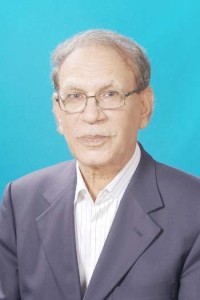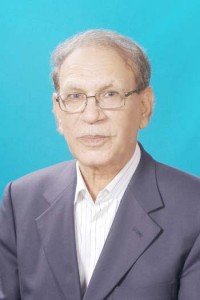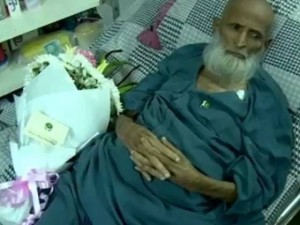The Nuclear Suppliers Group (NSG) failed to take a decision to make India a member of the elite atomic trading club with objections and reservations by the members that the country does not fulfill the requirements including non-signing of the Non Proliferation Treaty (NPT). India’s application is now expected to be deliberated upon by the group at its plenary on 24th June in Seoul. The US has all along been strongly pushing India’s case and most countries supported it, but China opposed it arguing that the NSG should not relax specific criteria for new applicants. It has to be mentioned that the NSG works under the principle of unanimity and even one country’s vote against India will scuttle India’s bid. Other countries opposing Indian membership of the Nuclear Suppliers Group (NSG) include New Zealand, Ireland, Turkey, South Africa and Austria, diplomats said.
China has however taken the position if Pakistan is given membership of the group it would not opposed Indian inclusion in the NSG. India already enjoys most of the benefits of membership under a 2008 exemption to NSG rules granted to support its nuclear cooperation deal with Washington, even though India has developed atomic weapons and never signed the nuclear Non-Proliferation Treaty (NPT), the main global arms control pact. Countries opposing India’s membership believe that it will be negation of the efforts to stop non-proliferation of nukes. But there is more to that. A day before Modi was to address the US Congress, a bipartisan group of 18 Congressmen wrote a letter to Speaker Paul Rayn, urging him to put the issue of severe violence against Muslims, Christians and Sikhs in India on top of his agenda during meeting with Prime Minister Narendra Modi.
They told the Speaker that religious minorities in India, including Muslims, continue to live in a climate where known perpetrators commit violence with impunity, an obvious reference to activists of ruling BJP who have been involved in such incidents. In the letter, the lawmakers cited several specific examples of violent attacks that have killed or displaced religious minorities in India. Human rights groups in India have investigated and traced these attacks to specific groups, but a current climate of impunity exists in India around such attacks and many victims never receive justice. But the US has double standards. It had signed civil nuclear agreement with India, but refused to sign similar agreement with Pakistan. To appease India, the agreement to supply F-16 to Pakistan was annulled by the US congress. US President had the right to circumvent such restrictions by using veto, but he did not use the veto.
In a joint statement after the meeting between President Barack Obama and Indian Prime Minister Narendra Modi, Pakistan was asked to take action against those involved in Mumbai and Pathankot terror attacks. It is downright outrageous, as the US has never asked India to take action and bring to book those involved in Samjhauta Express tragedy, and also ask India to stop support to the TTP thugs ensconced in Kunar and Nuristan. Last year, two top American experts George Perkovich and Ashley J. Tellis associated with Carnegie Endowment for International Peace, had warned US lawmakers that the ties between the two neighbors have greater danger of escalating towards a devastating nuclear warfare, in particular from Pakistan. They opined: “Pakistan may use nuclear weapons against India if the latter goes for a large scale military assault against it in retaliation for a major terror attack like the one 26/11 emanating from across the border.”
They had suggested that such a dangerous scenario could only be avoided by the US working with Islamabad to ensure that there is no terror attack on India emanating from Pakistan. The question is why President Barack Obama and the so-called experts do not suggest to India that it stops supporting insurgency in Pakistan especially in Balochistan. India indeed has hegemonic designs against its smaller neighbors. It continues stoking ethnic and sectarian conflicts and vile acts in Pakistan. It is perhaps taking advantage of the common belief that there can never be a war between the two nuclear states. The fact remains that nuclear deterrents are designed not for hopes of peace but for the threats of war. They have a momentum of their own. However, use of nuclear weapons will depend on the minutiae of methods of deployment, intelligence capabilities and command-and-control systems, as on the wisdom of political leaders.
- Latest
- Trending





